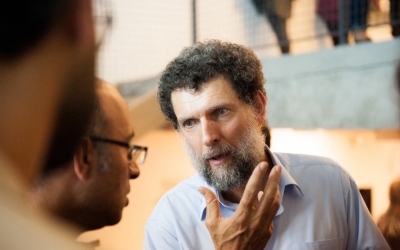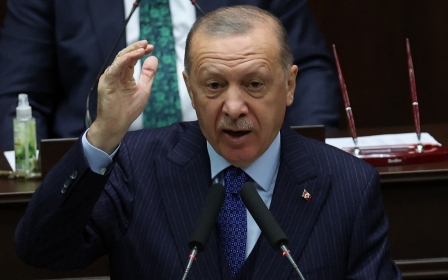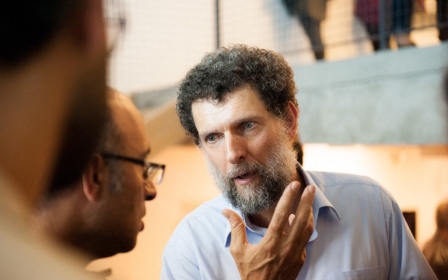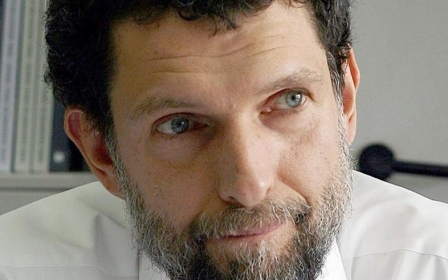Turkey: Erdogan takes first step to expel 10 envoys who backed activist
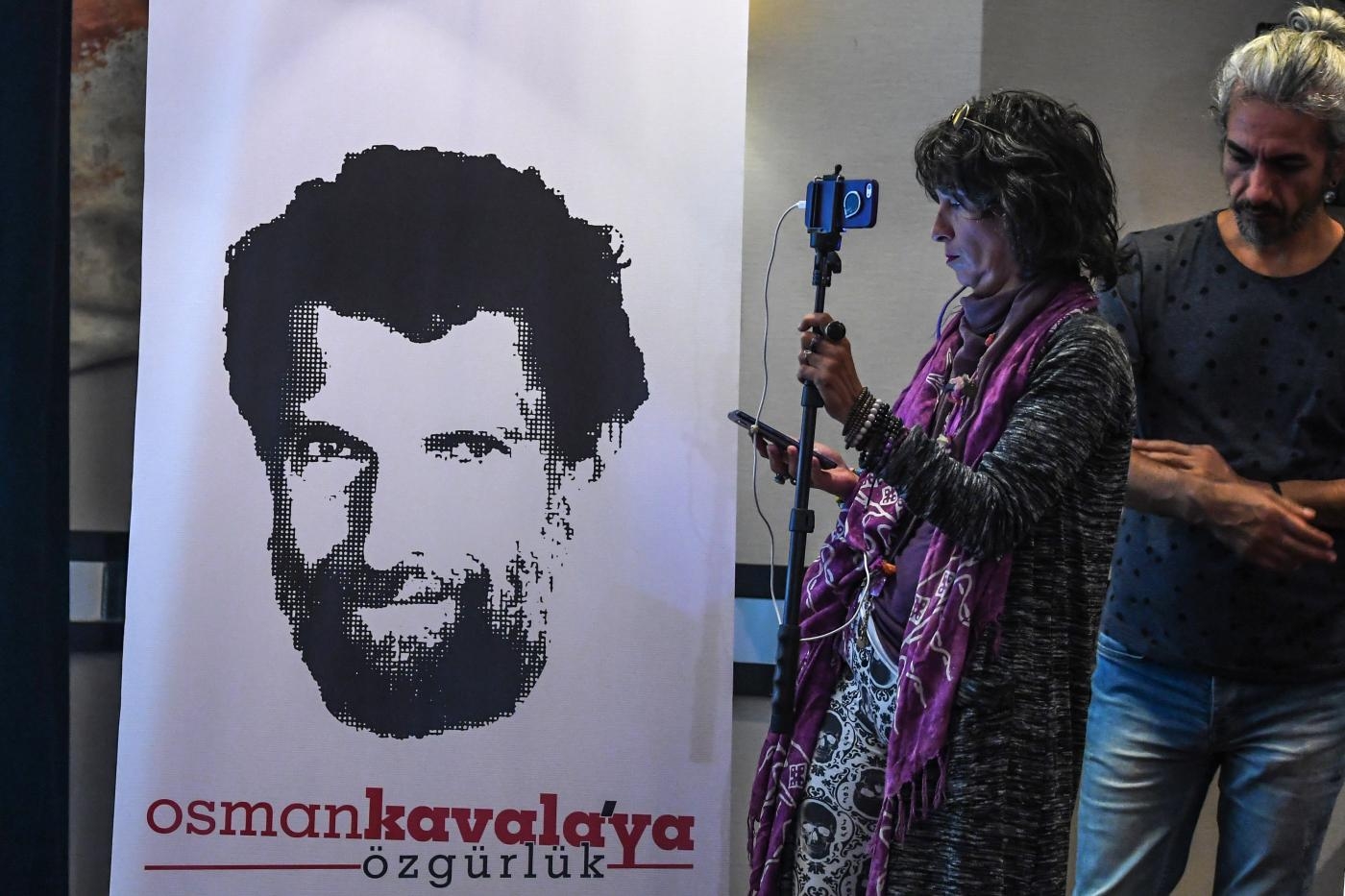
The ambassadors of 10 countries, including Germany and the United States, who appealed for the release of the Turkish activist and philanthropist Osman Kavala, will each be declared "persona non grata," President Recep Tayyip Erdogan said on Saturday.
"I gave the necessary order to our foreign minister and said what must be done: these 10 ambassadors must be declared persona non grata at once," he said, referring to a term used in diplomacy which signifies the first step before expulsion,
Erdogan, who was addressing a crowd in northwest Turkey's Eskisehir, said he had told the foreign minister to "sort it out immediately".
"They will know and understand Turkey. The day they do not know and understand Turkey, they will leave," he said to cheers from the crowd.
The ambassadors had been summoned earlier this week and asked for an explanation for their statement on the Kavala case.
Norway's foreign ministry said its embassy in Ankara had not received information from Turkish authorities regarding the matter at this time.
"Our ambassador has not done anything that warrants an expulsion," the ministry's head of communications, Trude Maaseide, told Reuters in an emailed statement, adding that Turkey was well aware of Norway's view on this case.
"We will continue to call on Turkey to comply with democratic standards and the rule of law to which the country committed itself under the European Human Rights Convention," said Maaseide.
Since 2017, Turkey has imprisoned Kavala without charge over a series of charges linked to anti-government protests in 2013 and a failed military coup in 2016. Kavala denies the accusations.
Despite being acquitted in February 2021 of financing the 2013 protests, he was immediately charged with "attempting to abolish the constitutional order" after Erdogan criticised the court's decision.
Erdogan was cited on Thursday as saying the ambassadors in question would not release "bandits, murderers and terrorists" in their own countries.
Rights groups and western governments have viewed Kavala's case as a critical test for the independence of Turkey's judiciary and the rule of law.
In a written statement on Friday, Kavala said: "Since there is no possibility of a fair trial under these circumstances, I believe participating in hearings and delivering my defence will be meaningless from now on."
'Just and speedy resolution'
In a rare statement released on Monday, Canada, Denmark, Finland, France, Germany, the Netherlands, Norway, Sweden and the US had called for a "just and speedy resolution" to Kavala's case.
"The continuing delays in his trial... cast a shadow over respect for democracy, the rule of law and transparency in the Turkish judiciary system," they said.
The embassies called on Turkey to follow the rulings of the Council of Europe, a human rights body it joined in 1950.
Turkish Interior Minister Suleyman Soylu had hit out at the embassies' statement on Twitter late on Monday.
"It is not acceptable for ambassadors to make a recommendation or suggestion to the judiciary for an ongoing case," Soylu said.
"Your recommendation and suggestion throws a shadow over your understanding of law and democracy."
Middle East Eye delivers independent and unrivalled coverage and analysis of the Middle East, North Africa and beyond. To learn more about republishing this content and the associated fees, please fill out this form. More about MEE can be found here.


